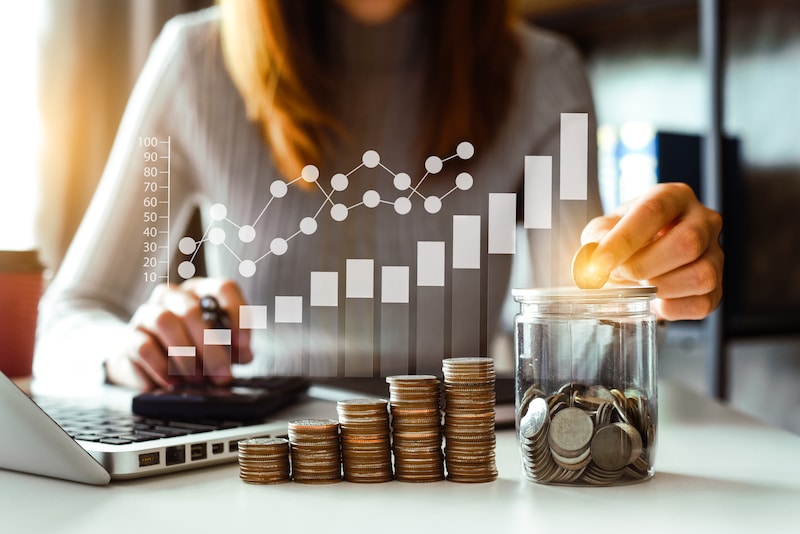The psychology of trading is a fascinating and often overlooked aspect of financial markets. It delves into the intricate workings of the human mind, exploring how emotions, biases, and cognitive processes influence trading decisions. At the heart of this field lie behavioral insights, which offer valuable perspectives on why traders behave the way they do and how their behavior affects market dynamics. Understanding these insights can be crucial for traders seeking to improve their performance and achieve consistent profitability. One of the fundamental principles in the psychology of trading is the role of emotions. Greed, fear, hope, and regret are just a few of the emotions that can drive trading behavior. For example, the fear of missing out FOMO may lead traders to chase momentum stocks, even when valuations are stretched, while the fear of losses can cause them to panic-sell during market downturns. Similarly, greed can cloud judgment, prompting traders to take excessive risks in pursuit of high returns. By recognizing and managing these emotions, traders can make more rational decisions and avoid common pitfalls. Another key concept in the psychology of trading is cognitive biases.

These systematic errors in judgment arise from the way the human brain processes information. For instance, confirmation bias leads traders to seek out information that confirms their existing beliefs while ignoring evidence to the contrary. Anchoring bias causes traders to fixate on specific price levels or targets, regardless of whether they are relevant to the current market conditions. Overcoming these biases requires introspection and a willingness to challenge one’s own assumptions, which can be challenging but ultimately rewarding. Behavioral insights also shed light on the importance of discipline and self-control in trading. Successful traders exhibit patience and resilience in the face of adversity, sticking to their trading plans even when the temptation to deviate is strong. They understand that trading is a marathon, not a sprint, and that consistency is key to long-term success. This mindset allows them to weather short-term setbacks and stay focused on their long-term goals. In recent years, advances in technology have transformed the landscape of trading psychology.
Behavioral finance platforms leverage data analytics and machine learning algorithms to analyze trader behavior in real-time, providing insights into market sentiment and investor psychology. These platforms can help traders identify patterns and trends in their own behavior, enabling them to make more informed decisions and adapt their strategies accordingly. Moreover, they can serve as valuable educational tools, offering personalized feedback and Ainvesting based on individual trading habits. However, it is important to recognize that technology is not a panacea for all psychological challenges in trading. While behavioral finance platforms can provide valuable insights, ultimately, it is up to the trader to cultivate self-awareness and emotional resilience. This requires ongoing self-reflection, education, and practice, and a willingness to seek support from mentors or mental health professionals when needed. In conclusion, the psychology of trading is a complex and multifaceted field that encompasses emotions, biases, and cognitive processes.